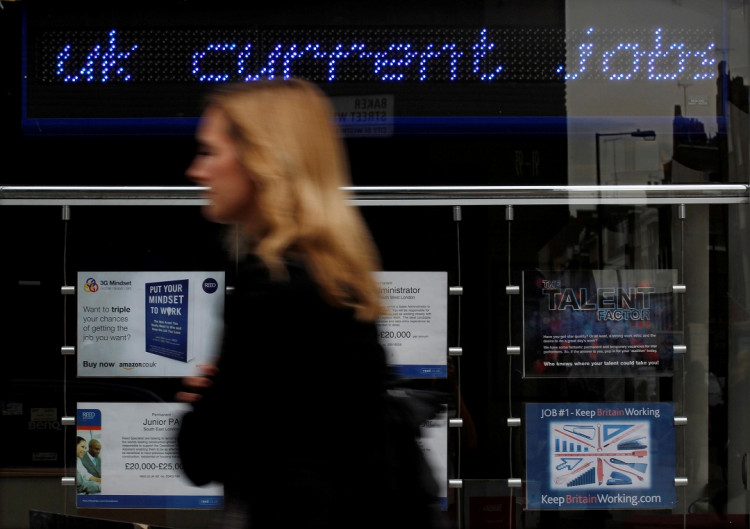The entire UK economy is reportedly now experiencing a contraction, a first for the country in nearly seven years. Analysts are predicting that the shrinkage could worsen if the country ends up with a no-deal Brexit, a situation that may potentially plunge the economy into a recession.
New data published by the National Statistics Office has revealed that the UK's gross domestic product (GDP) has fallen by 0.2 percent for the second quarter of this year.
This was a worse-than-expected outcome for the country, as initial analysts' forecast had pegged the growth to be flat. The UK pound also fell by 0.6 percent following the release of the data, ending below $1.21 by the end of last week's trading. This marked a 5 percent decline since July and a 0.7 percent drop against the euro.
The contraction has partially been blamed on the overall slowdown of the global economy and the rising fears of a no-deal exit from the European Union. The ongoing trade dispute between China and the United States has also not helped in the situation, dealing a big blow to the UK's already weakened economy.
The moving of earlier Brexit deadlines had caused some problems within various sectors. Closure of plants meant to coincide with previous deadlines had caused drops in manufacturing and output. Meanwhile, companies have been forced to unwound stockpiles that were originally built up in anticipation of an earlier exit.
This has caused a substantial drag in overall output, with the country's manufacturing sector experiencing a drop of 1.4 percent for the quarter.
Data from the Office of National Statistics also saw weakness in other parts of the economy, including its mostly-robust service sector. The UK's service sector had experienced zero growth during the quarter. Business investments within the nation have also continued on its downward trend, with most companies' likely dedicating resources to combat a potentially messy Brexit scenario.
Despite evidence of a contracting economy, British officials have tried to put a positive spin on the situation. The UK's treasury chief Sajid Javid had mentioned that the numbers were just the result of a "challenging period" for the global economy.
The official pointed out that the country's economic fundamentals were still strong and that the UK was still on track to experience an economic growth that will outpace countries such as Japan, Italy, and Germany this year.
Javid mentioned that wages within the country are still growing and that employment was still very strong. Some analysts have agreed with Javid's comments. Commerzbank economist Peter Dixon stated that the contraction in the second quarter may just be an outlier and the UK's economy should be able to rebound in the current quarter.






